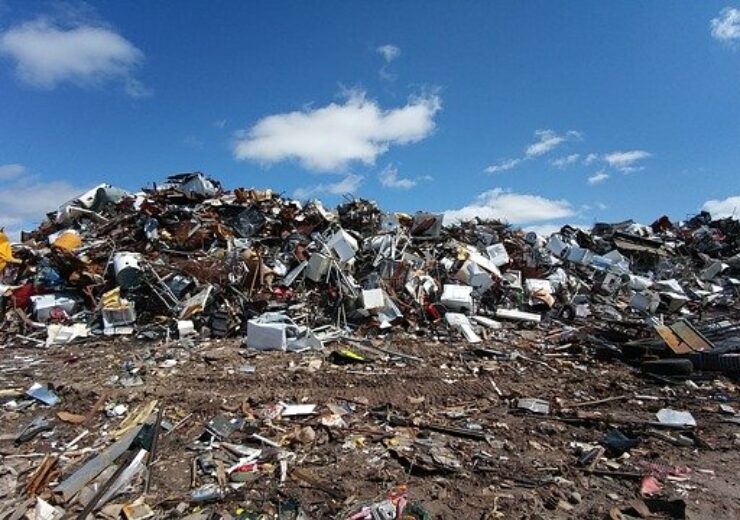The partnership will initiate projects in six target cities in Eastern Africa and Southern Asia to increase the amount of plastic waste collected, recycled and recovered

Alliance to End Plastic Waste partners with UN-Habitat to tackle plastic waste. (Credit: vkingxl from Pixabay.)
The Alliance to End Plastic Waste, an international not-for-profit organisation, and UN-Habitat have collaborated to tackle plastic waste in the environment.
The collaboration aims to deploy solutions to create a circular economy and livelihood as well as business opportunities while enhancing resource recovery. It will initiate projects in six target cities in Eastern Africa and Southern Asia.
Using the UN-Habitat Waste Wise Cities (WWC) Tool, the partnership can map waste flows and assess the potential plastic leakage from waste management systems.
It can also identify the short- and long-term passageway to increase the amount of plastic waste collected, recycled and recovered.
According to the Alliance, the programme is expected to support its aim to develop projects in high plastic waste leakage communities.
It will also support the WWC Challenge, where the alliance will clean up and establish sustainable waste management in 20 cities around the world by 2022.
Thiruvananthapuram and Mangalore of India to participate in the Alliance programme
The alliance stated that cities including Nairobi and Mombasa in Kenya; Addis Ababa and Bahir Dar in Ethiopia; Thiruvananthapuram (in Kerala) and Mangalore (in Karnataka) of India are participating in the programme.
The partnership will also work with local stakeholders to ensure appropriate community members and relevant waste chain actors are part of the programme.
Alliance to End Plastic Waste president and CEO Jacob Duer said: “For the two billion people worldwide that lack access to waste collection, a significant barrier to establishing an effective municipal solid waste program is lack of data.
“Through our work with the UN-Habitat, we’ll provide city leaders for the first time with a comprehensive understanding of their waste management systems, its gaps and solutions for improvement.”
